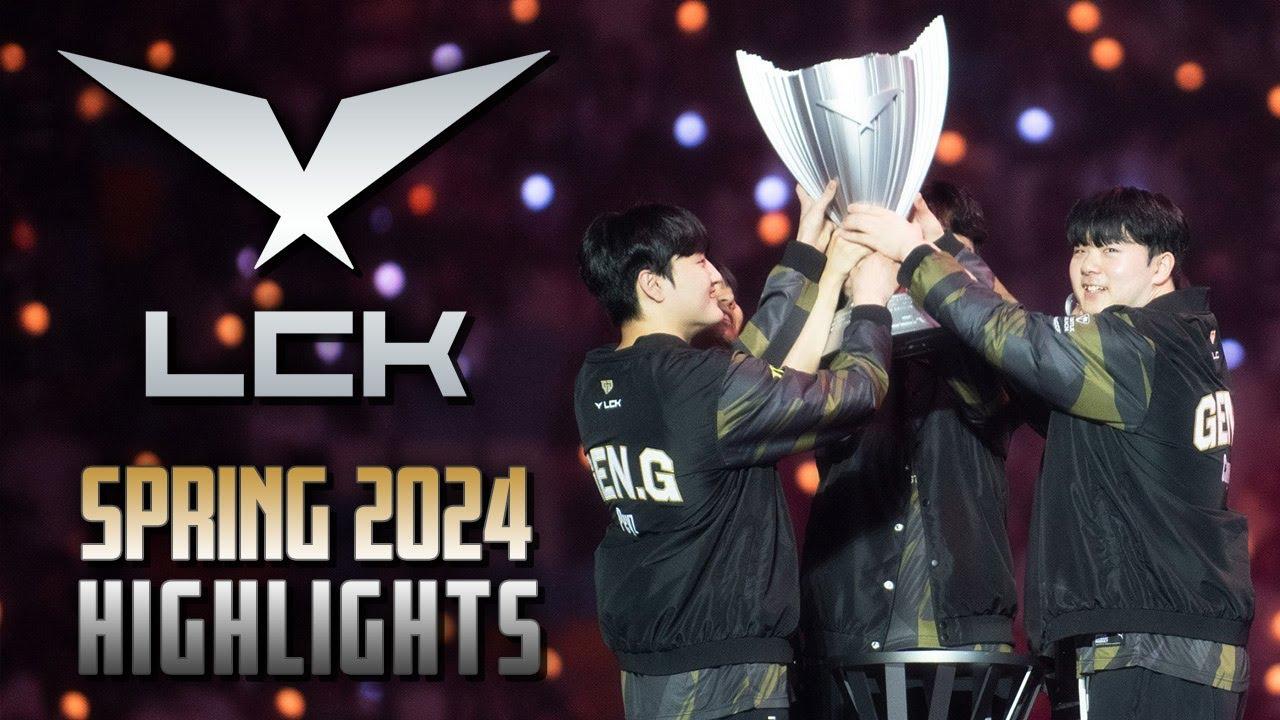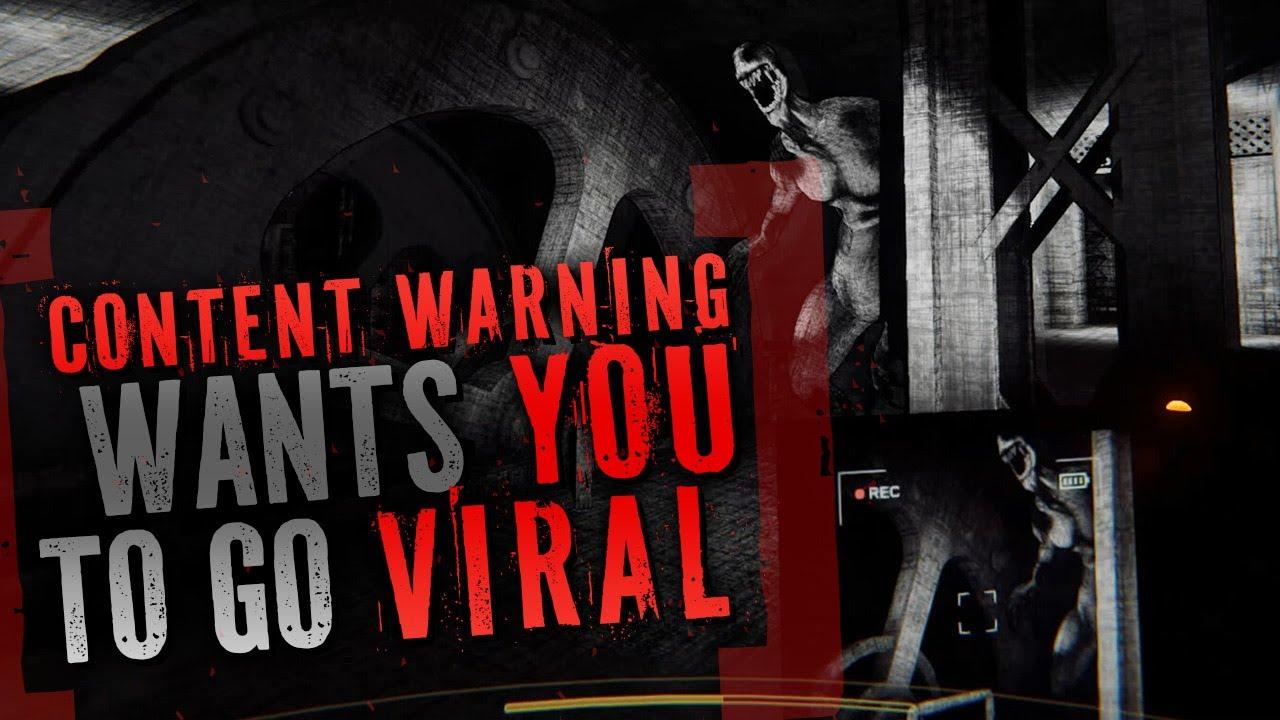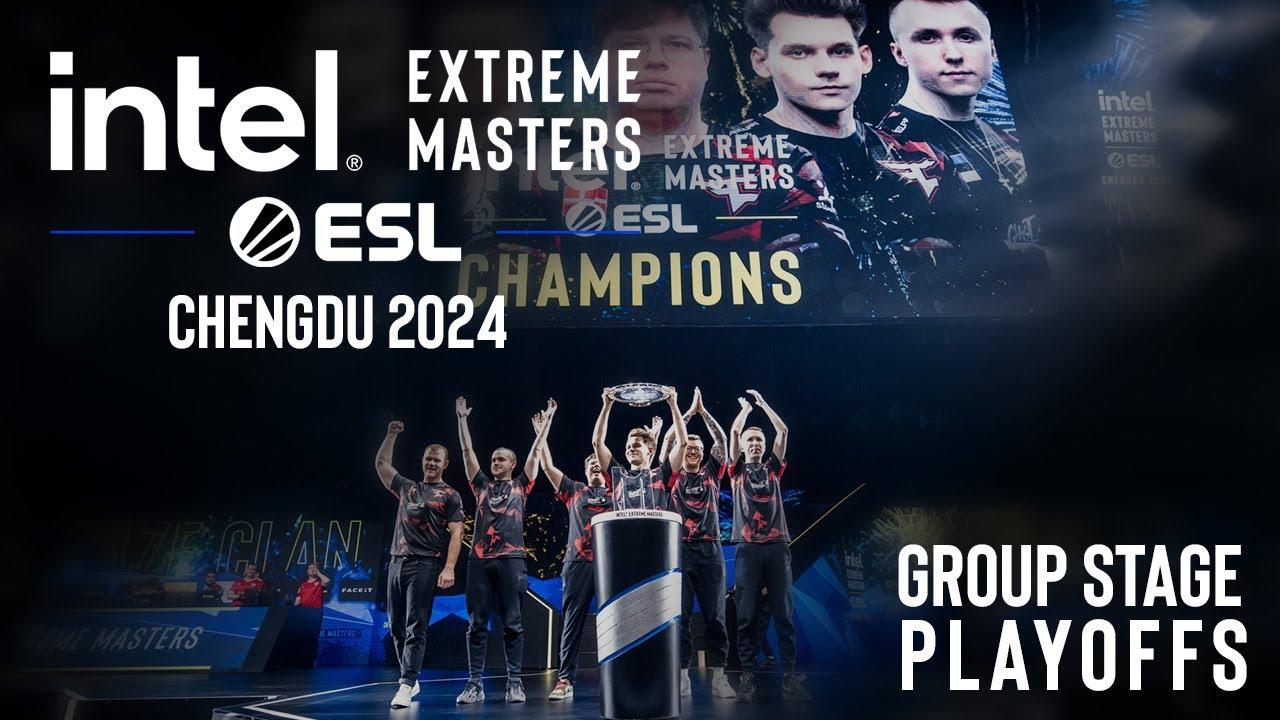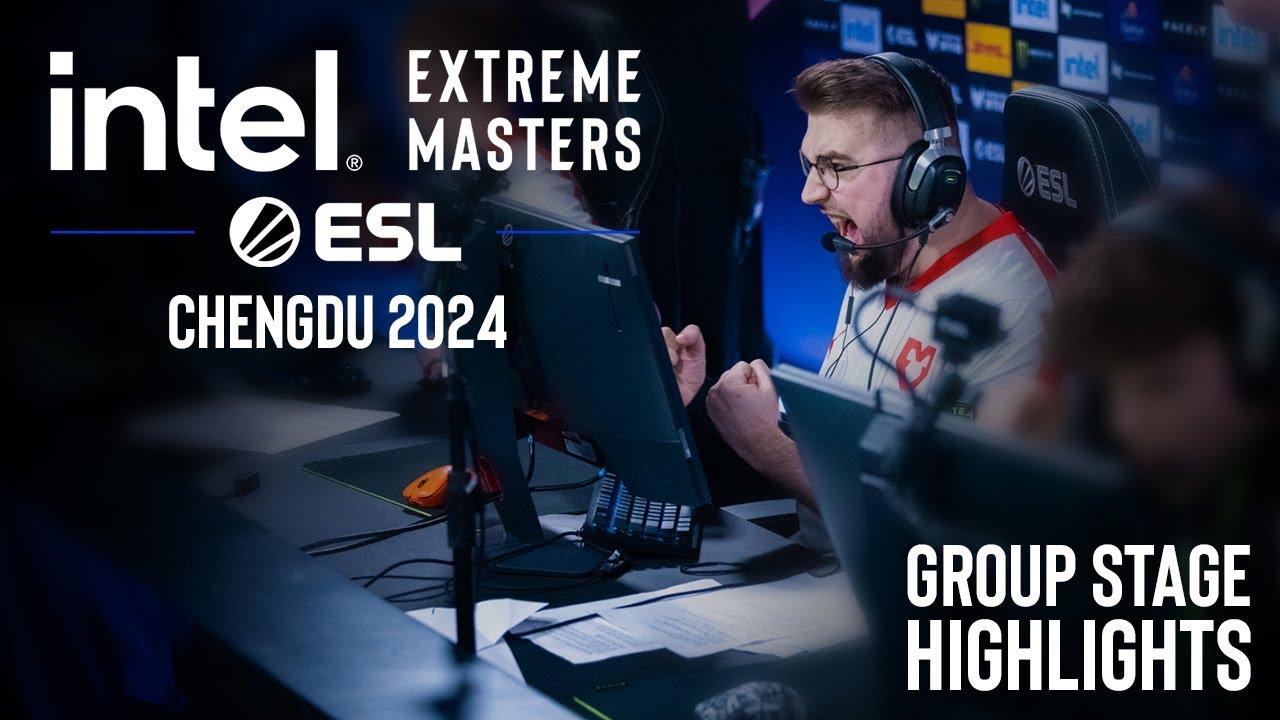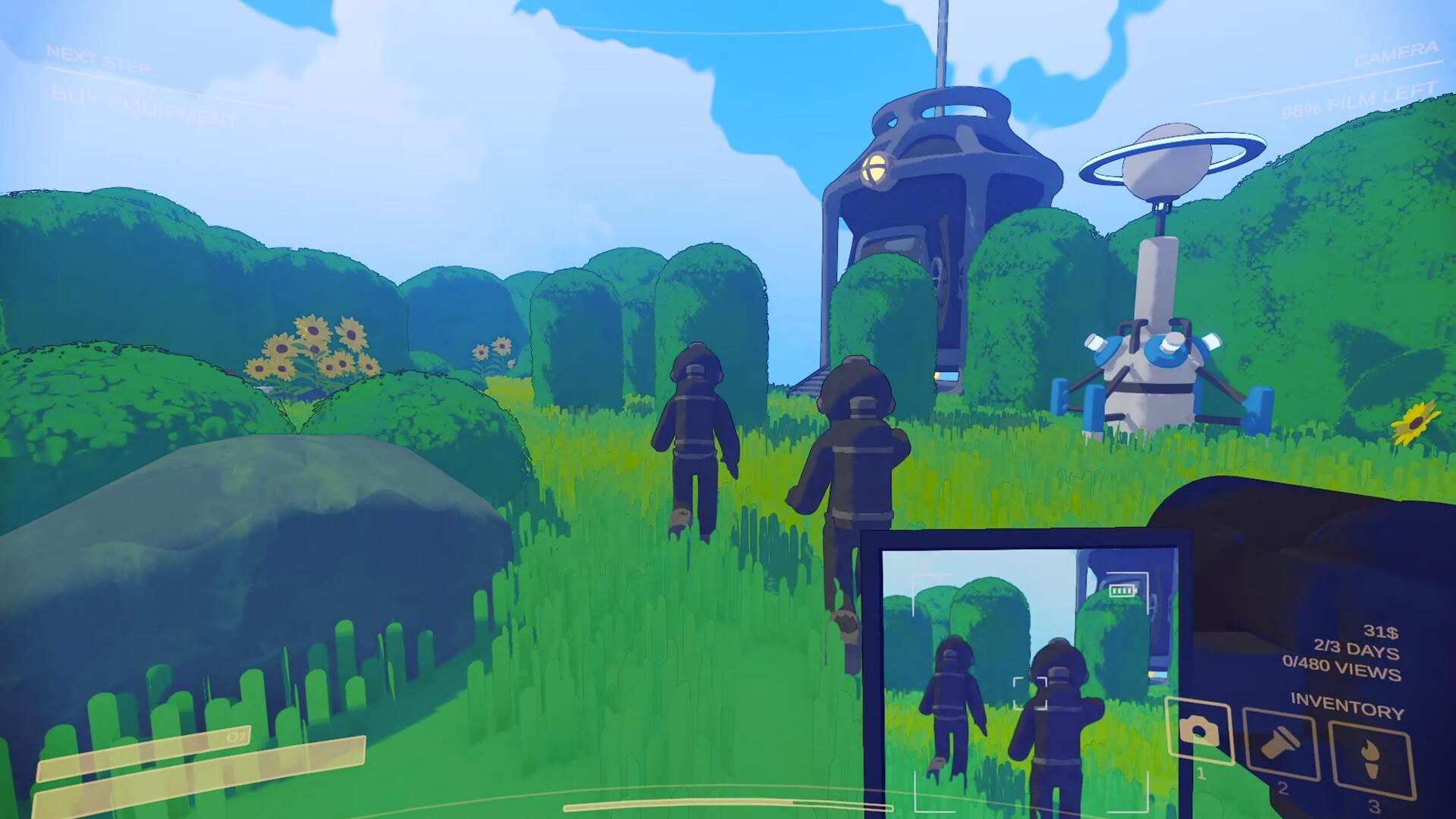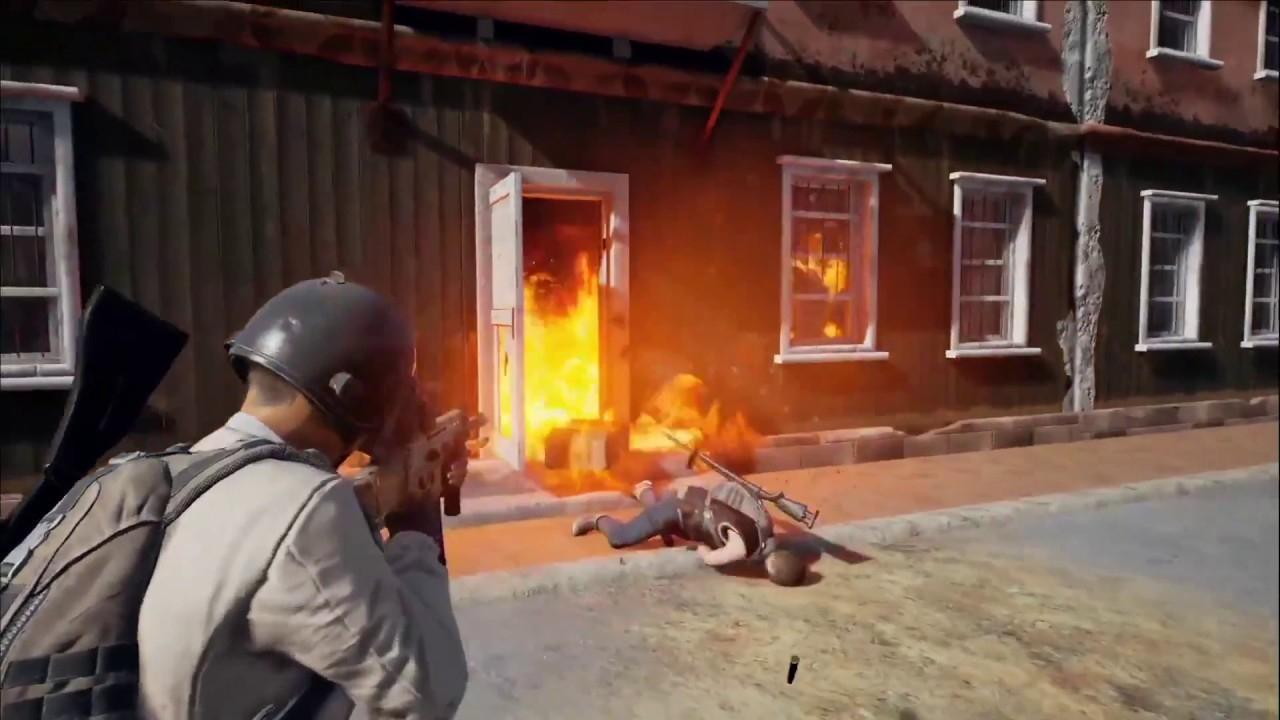
Jordan to ban PUBG and more, cites violent images and harassment
PlayerUnknown’s Battlegrounds has been banned in Jordan.
The country’s Telecommunication Regulatory Commission have announced that PUBG and six other games, including Fortnite, have a “negative impact” on the people who play them. The TRC referenced a study by the World Health Organization, who ruled video game addiction as a mental disorder in 2018.
“Video game addiction increases the levels of depression, anxiety, and violence of users, and affects health. Physical activity because of sitting in one place for long hours and affects the academic achievement of students,” the TRC’s announcement includes.
They go on to say that games like PUBG include “sexual activities,” according to many players, including sexual harassment of female gamers. The games also include the names of real weapons.
The TRC concluded their letter by noting that other countries, including China, India, and Nepal, have banned PUBG already. Indeed, China banned PUBG, and any game that includes blood earlier this year. Instead the country has Game For Peace, a PUBG-look-a-like that replaces any violence the original game had. This includes fallen enemies waving goodbye and poofing away, instead of collapsing after being shot.
Check out the comical “death” here:
In Nepal, PUBG was temporarily banned. But the country’s Supreme Court has already halted that ban, stating the claim wasn’t properly justified.
Fortnite has already been banned in Iraq and China. Interestingly enough, Fortnite doesn’t use any blood, and also doesn’t implement the word “kill” anywhere in the game.
But back in Jordan, the country’s TRC director of beneficiaries affairs said that the banning of PUBG, Fortnite, and other titles was in response to complaints from citizens. Citizens who apparently stated the spread of “menacing video games” was “terrifying.”
With a population of 9 million, Jordan most likely doesn’t have a large enough market to warrant their own blood-free PUBG. But it does make people wonder how many other countries will also ban video games deemed “too violent.”
Recommended
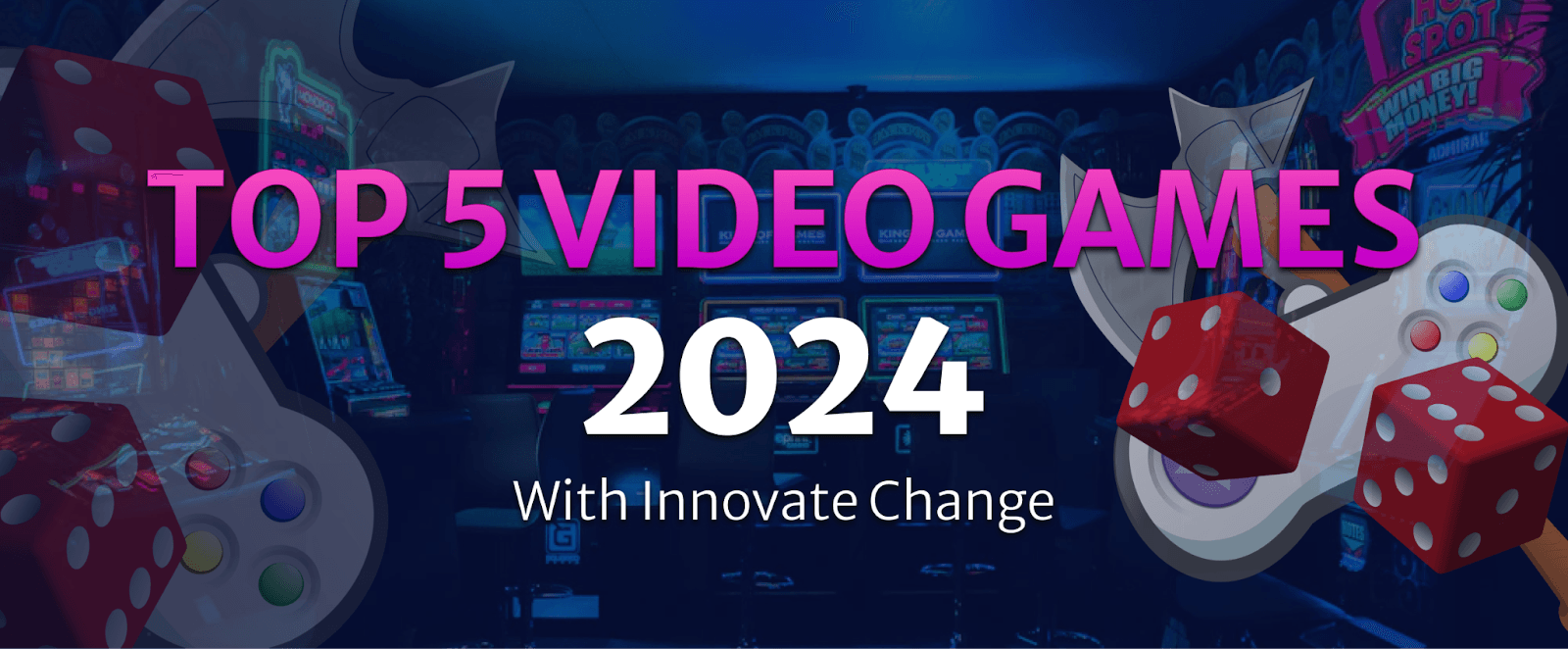
Innovate Change: Discover 2024’s Top Five Video Games with Innovate Change
Innovate Change’s team has carefully selected the most exciting titles that are sure to impress...

How many coins to unlock everything in Mario Kart 8 Deluxe?
You’ll need a good amount of coins to unlock everything in Mario Kart 8 Deluxe.

